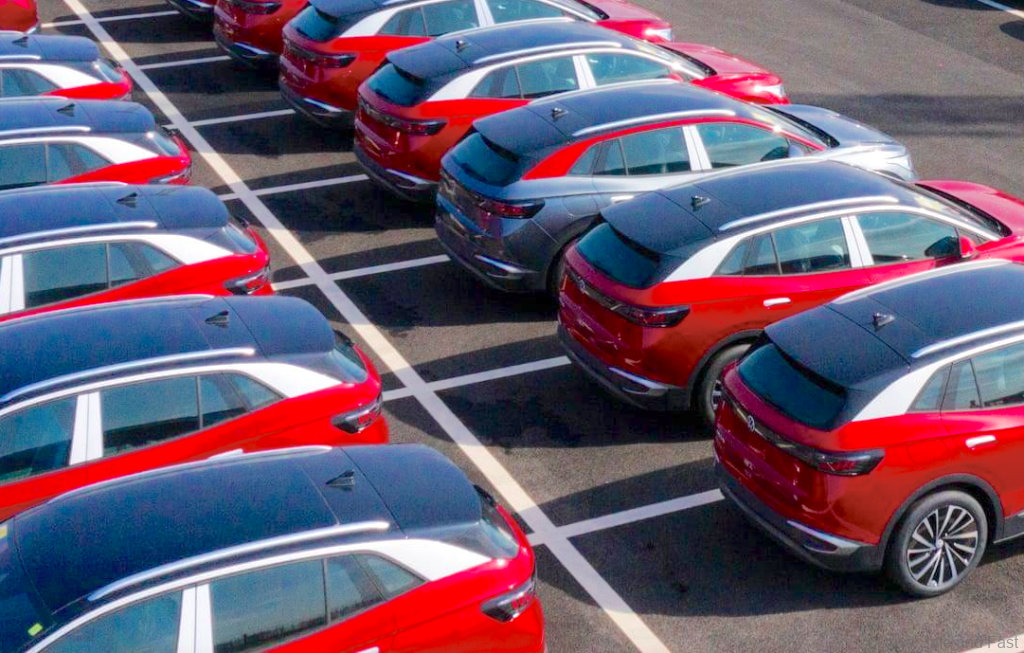High incentives for electric vehicles have pushed ICE factory closures and now this
The Thai government created a domino effect when it started throwing subsidies at Chinese electric vehicle makers. Local industry ‘players’ have commented on this as they watch the resultant massive oversupply of EVs ignite a price war in the combustion engine (ICE) automotive segment which has recently suffered from a sales slowdown which has resulted in production cuts and plant closures (Subaru and Suzuki have closed factories in Thailand). This report was shared by Nikkei Asia.
The unintended consequences have also spread to supply chains, where at least a dozen parts producers have closed because the subsidised electric vehicles from China do not buy from the vast majority of them as they do partial assembly.
So, right now Thailand now has 490,000 unsold electric vehicles, according to the Electric Vehicle Association of Thailand (EVAT), equivalent to 63 percent of all vehicles the country turned out in the past 12 months.

“We are experiencing an EV oversupply as plenty of EVs imported from China over the past two years [remain in dealer] inventories,” EVAT President Krisda Utamote told Nikkei Asia, before adding that more Chinese EV makers are investing to produce in Thailand.
Interestingly, the EV subsidy program began in 2022 under the ASEAN-China Free Trade Agreement. Intending to make the cars more affordable, the government offered Chinese manufacturers grants of up to 150,000 baht (USD4,130) per vehicle.
The agreement also eliminated tariffs on imported Chinese EVs to be sold in Thailand on the condition that the Chinese companies make the same number of EVs in Thailand that they have imported into the country since 2022. Manufacturing had to begin this year (2024), and the subsidised vehicles could be sold domestically or exported (Malaysia and Indonesia).
BYD, China’s largest EV maker, has been the most aggressive of the six automakers that have invested under the scheme.
Interestingly, BYD slashed the price of its new Atto model by as much as 340,000 baht (USD9,375), a 37 percent discount from the launch price of 899,000 baht.
Additionally, Neta, another Chinese EV maker, cut the price of the V-II model by 50,000 baht, or 9 percent, from 549,000 baht at launch.
BYD and its Chinese rivals will have annual capacity to produce about 750,000 vehicles when their Thai manufacturing plants are fully operational.
To date, none of them would comment on whether they will continue with their aggressive price-cutting.


